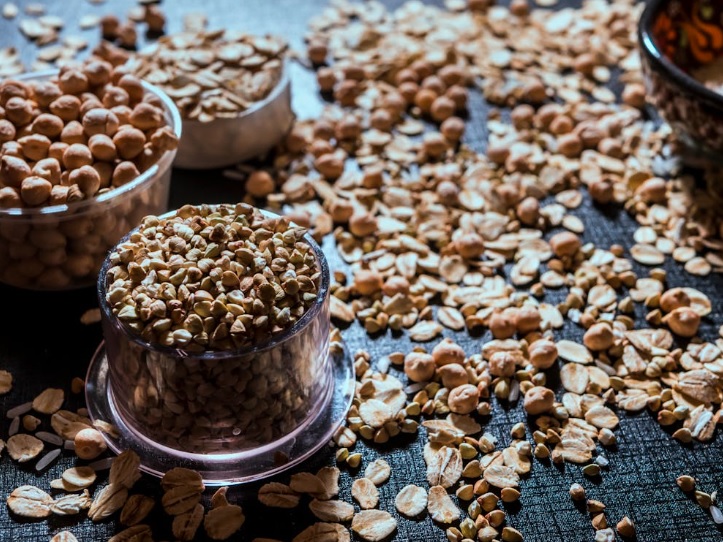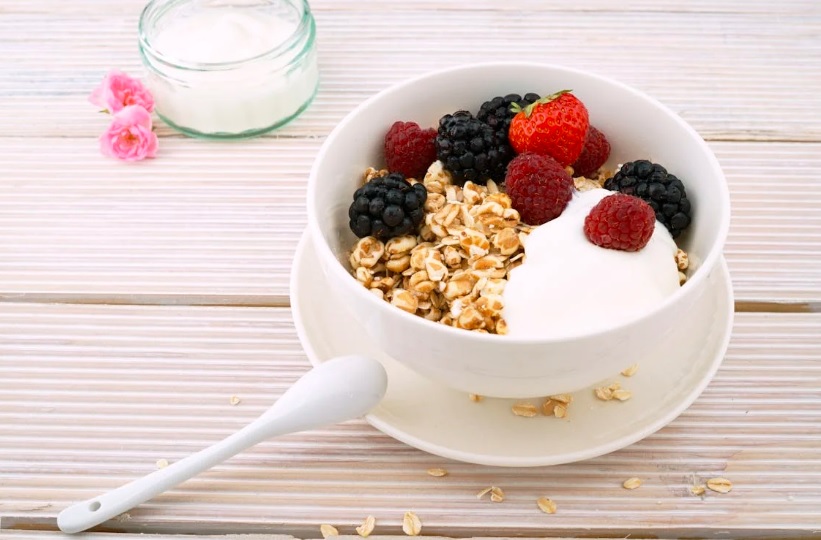The impact of eating oats daily on the kidneys – let’s see
Oats have earned a spot in our shopping carts and recipes due to their numerous health benefits. But is eating them daily good, bad, or neutral for kidney health?
Oats have always been part of our diet, though they’re not a common staple. According to a recent study by the Spanish Nutrition Foundation (FEN), only 3.3% of Spain’s population consumes oats every day.
However, their inclusion in meals is becoming more popular, whether for breakfast or lunch, often mixed with milk as porridge or added to soups or salads. Consuming oats can provide health benefits, especially when eaten in moderation as part of a balanced and healthy diet. But how do oats affect the kidneys?
How oats affect kidney health
Healthy kidneys are essential for overall well-being, and good health is equally important in preventing kidney issues. The risk of developing kidney disease increases with conditions like diabetes, high blood pressure, heart disease, or a family history of kidney problems. While we can’t change family history, there are lifestyle choices we can control to reduce risks. Key habits include regular exercise, adequate sleep, managing stress, avoiding alcohol and tobacco, and maintaining a healthy diet.
Regular oat consumption helps lower cholesterol and blood sugar levels. The soluble fiber in oats stabilizes blood sugar, particularly after meals, which benefits those with diabetes. Oats are also a good source of unsaturated fats, which help lower LDL (bad) cholesterol. Additionally, oats are rich in nutrients like magnesium, potassium, folate, and vitamin B6, which support heart health by regulating heart rhythm, promoting muscle and nerve function, and improving cardiovascular health overall.
In summary, incorporating oats into your diet may help prevent health problems that could eventually damage the kidneys.

Kidney-Friendly foods
The kidneys filter toxins, waste products, and excess fluid from the body, so maintaining healthy habits and a good diet is crucial. Staying properly hydrated is key, which includes drinking enough water and eating hydrating fruits like watermelon and cantaloupe. However, other foods can also support kidney function.
Antioxidant-rich foods like blueberries and other berries are beneficial, as are fruits with diuretic and cleansing properties, such as pineapple. Omega-3 fatty acids, found in fatty fish like salmon, contribute to overall health and help maintain cholesterol levels, which ultimately supports kidney health. Diuretic vegetables like asparagus and cauliflower should also be part of your diet.
In general, when the kidneys are healthy, a varied, balanced diet rich in fruits and vegetables is ideal. However, for those with pre-existing kidney conditions, it’s important to follow medical advice, as some foods that are healthy for most can be harmful if kidney disease is present.









